This November, junior Luke Frikert caught the flu and missed 10 days of school as a result. But for Frikert, his illness was a secondary concern.
“When I got sick, the first thing I was thinking about was, ‘What am I going to do about my grades?’ [and] ‘What about this assignment that’s due?’ instead of focusing on getting better,” Frikert said.
During his 10 days at home, Frikert missed a math test and a biology test, among others, and found himself playing catch-up over Thanksgiving break and when he got back to school.
“When I got back, I had to make all that up so it was a long process of cramming, [and] studying when I got better,” Frikert said.
Frikert isn’t alone. This fall, 719 Burlingame students have reported at least one absence due to sickness. It is not a stretch to assume that all 719 have felt the consequences of falling behind in their classes every time they miss school.
“When you’re sick, there’s so much schoolwork you need to make up [and] if you stay at home, you’re just putting yourself at a disadvantage,” Frikert said. “A lot of students don’t want to be in a situation where they haven’t had time to review or ask questions in class and then just be thrown into taking the test.”
Every student knows the ramifications of missing school, so many just…don’t. The relentless effort to achieve perfect attendance and the fear of falling behind on schoolwork can create an environment where students will come to school sick, sacrificing their health to maintain good grades. When faced with the question of “health or school,” students struggle with deciding whether to prioritize their physical well-being first or temporarily ignore their wellness needs.
“If you’re sick for two days, that means you miss 90 minutes of each class and have to make up the classwork and the homework,” said junior Penelope Pisarevich, who was out of school for a week while sick. “Especially in classes like math, you’ll have to teach yourself how to do the math and it just becomes really difficult and piles up.”
When senior Pierce Schuman caught walking pneumonia, he dismissed his symptoms, took medication and fought his discomforts while he continued to attend school. Schuman cited the competitive academic culture at Burlingame as a factor behind his decision.
“Academic pressure is already a lot just by itself. Particularly in our area, it’s very competitive. Everyone chooses to take a lot of difficult courses so when you’re sick, it’s really difficult because you’re like ‘I don’t want to fall behind’ and a lot of the work is very demanding, and it’s just stressful to fall behind,” Schuman said.
Living in Burlingame, Schuman highlighted the peer pressure and unrealistic standards to take countless advanced classes with perfect grades. Put simply, maintaining grades even with perfect attendance is challenging, and missing school doesn’t help.
It’s really the environment we’re in. Being in the heart of Silicon Valley, it’s just so competitive. So [while] grades get you into college, ultimately, your health is more long term
— Pierce Schuman
Biology teacher Michael Dunn is not new to the struggle of educational excellence, and the resulting reality that students will come to school no matter how they feel.
“Even before the pandemic, this was a situation where a lot of people just didn’t think about the implications of coming to school sick. It’s also a problem in the workplace [as] the number one cause of food poisoning from restaurants is from sick workers showing up and preparing the food when they’re sick. It’s a societal problem,” Dunn said.
But that societal problem — the pressure to endure through work or school and ignore personal health — has unique impacts at school. Whether a student spreads illness to other classmates, teachers or family, those who are more vulnerable to disease can suffer consequences that extend far beyond academic stress.
“Ten percent of our students live in a home with someone who is elderly, or someone who has diabetes or heart condition or lung condition, and those students, if they catch COVID, or influenza at school, and bring it home, they’re jeopardizing loved ones at home so that’s a consideration that we don’t talk about very much,” Dunn said.
However, he does acknowledge the unique academic pressure at Burlingame and its inevitable contribution to mental anxiety.
“I see a lot of mental health issues coming from just that constant pressure to succeed to take tons of AP classes to get a GPA that’s higher than [a] 4.0,” Dunn said. “So regardless of the time of year, and the amount of infectious disease that’s going around, that’s a problem.”
For students like Pisarevich, teacher expectations are another overwhelming aspect of returning from illness.
“I was out for almost a week sick, and my teachers expected everything to be done the day I came back but I didn’t know any of the material,” Pisarevich said. “I had to do the classwork and homework, and still continue to do the homework that was being given when I came back.”
So Pisarevich had to simultaneously catch up on previous work, learn new concepts and recover from her illness. Pisarevich also feels that many teacher accommodations are highly ineffective, suggesting that teachers should excuse assignments that students miss while sick.
“Teachers should help their students catch up, but not just by extensions because if they’re given extensions, they have to do the work at the same time they’re being given other work,” Pisarevich said.
Pisarevich takes a balanced schedule with three Advanced Placement (AP) courses. Nevertheless, illness has an impact on students that doesn’t have a one-size-fits-all solution.
“There’s a lot of academic pressure because everybody wants to maintain their grades and don’t want to see a drop,” Frikert said.
This story was originally published on The Burlingame B on December 18, 2023.

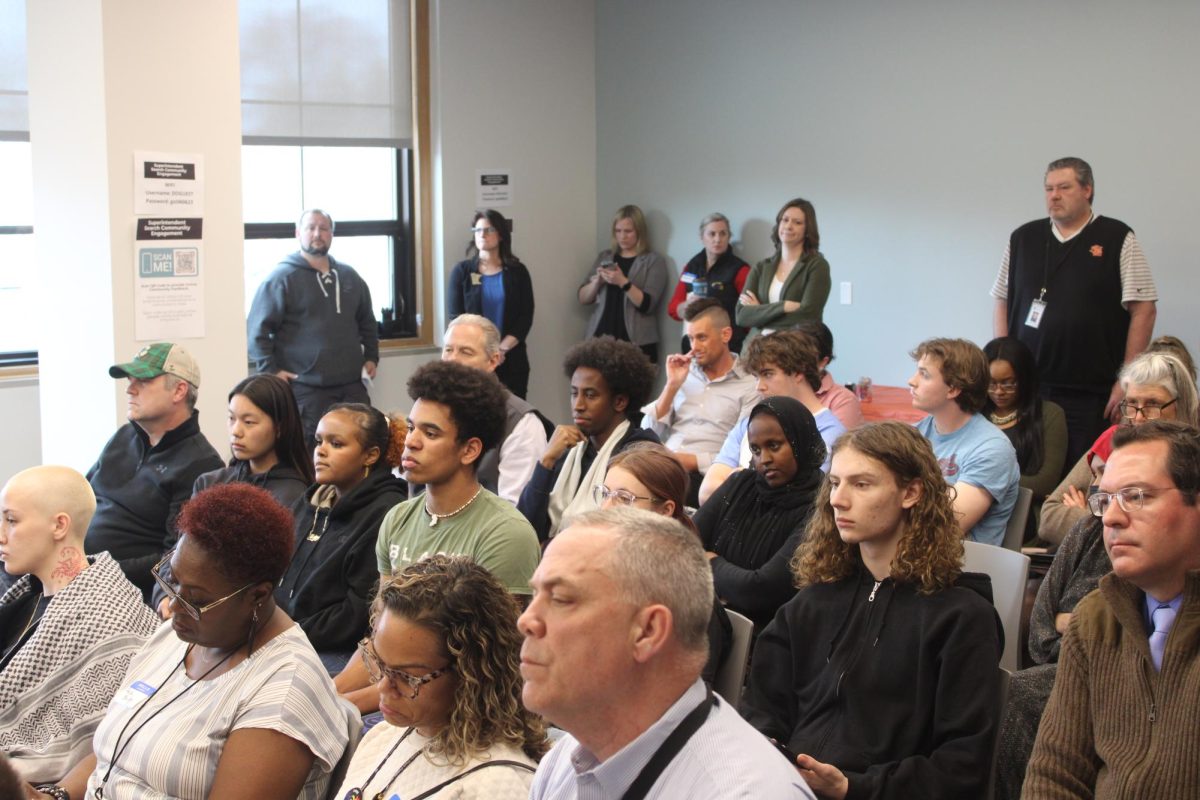

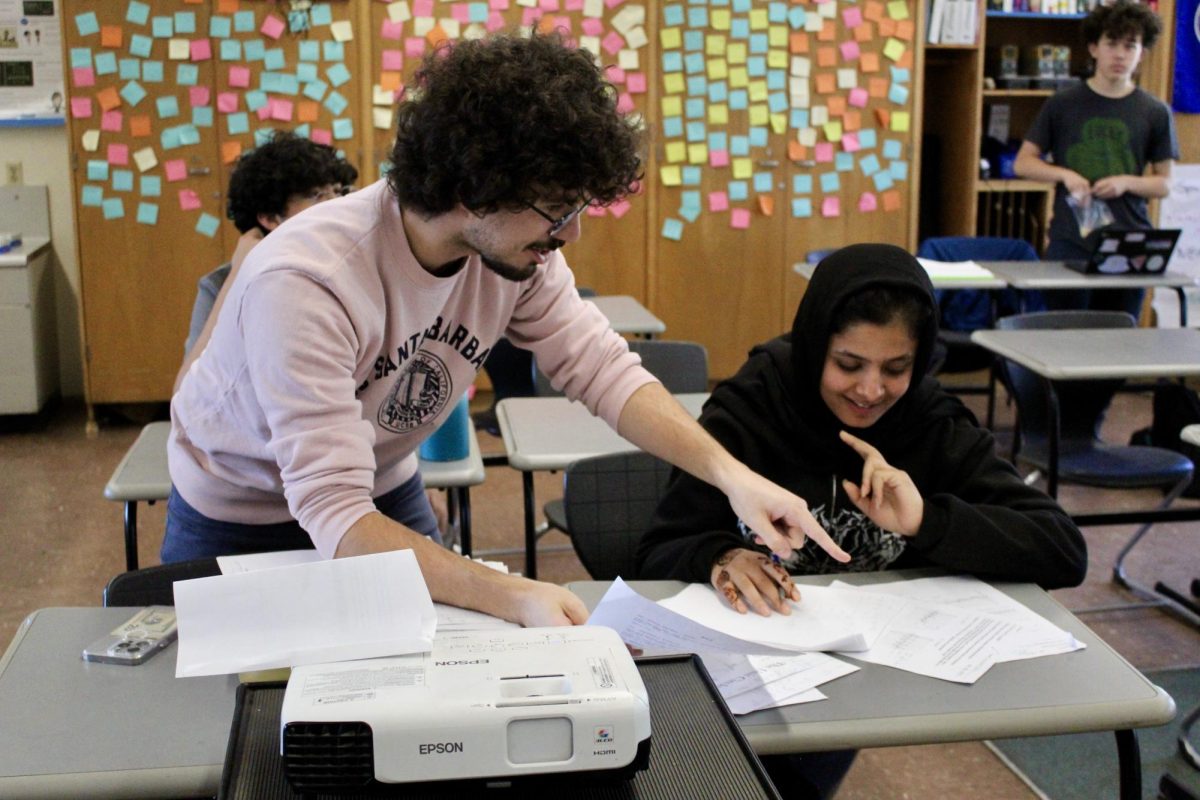
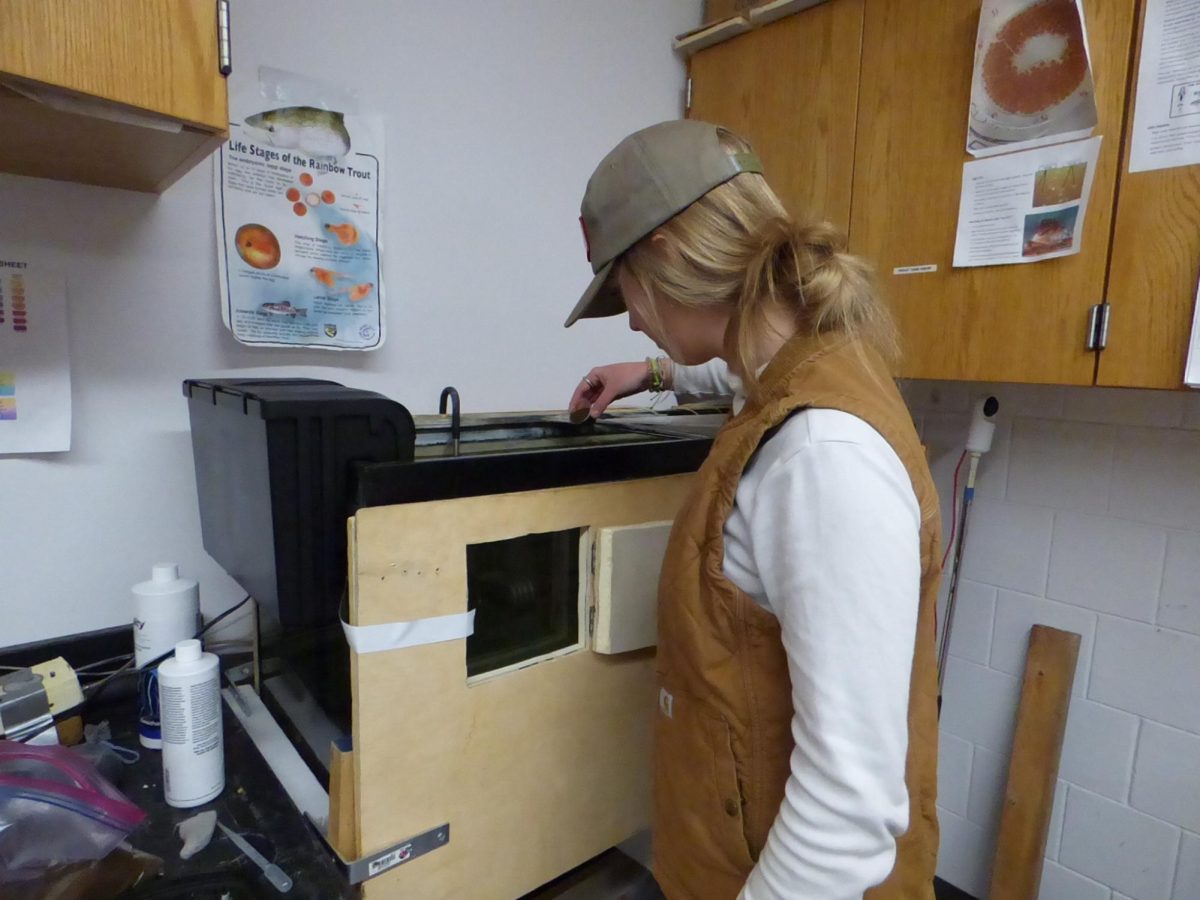
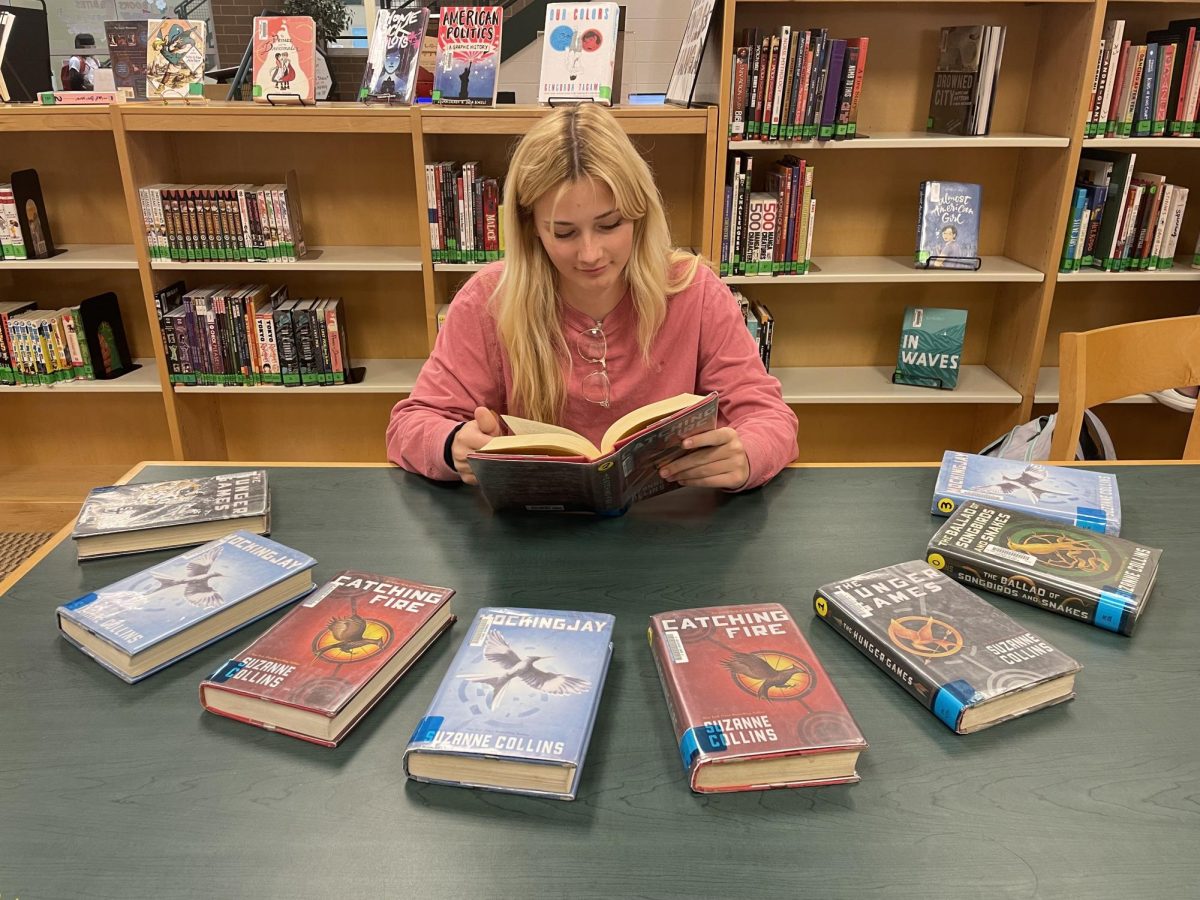

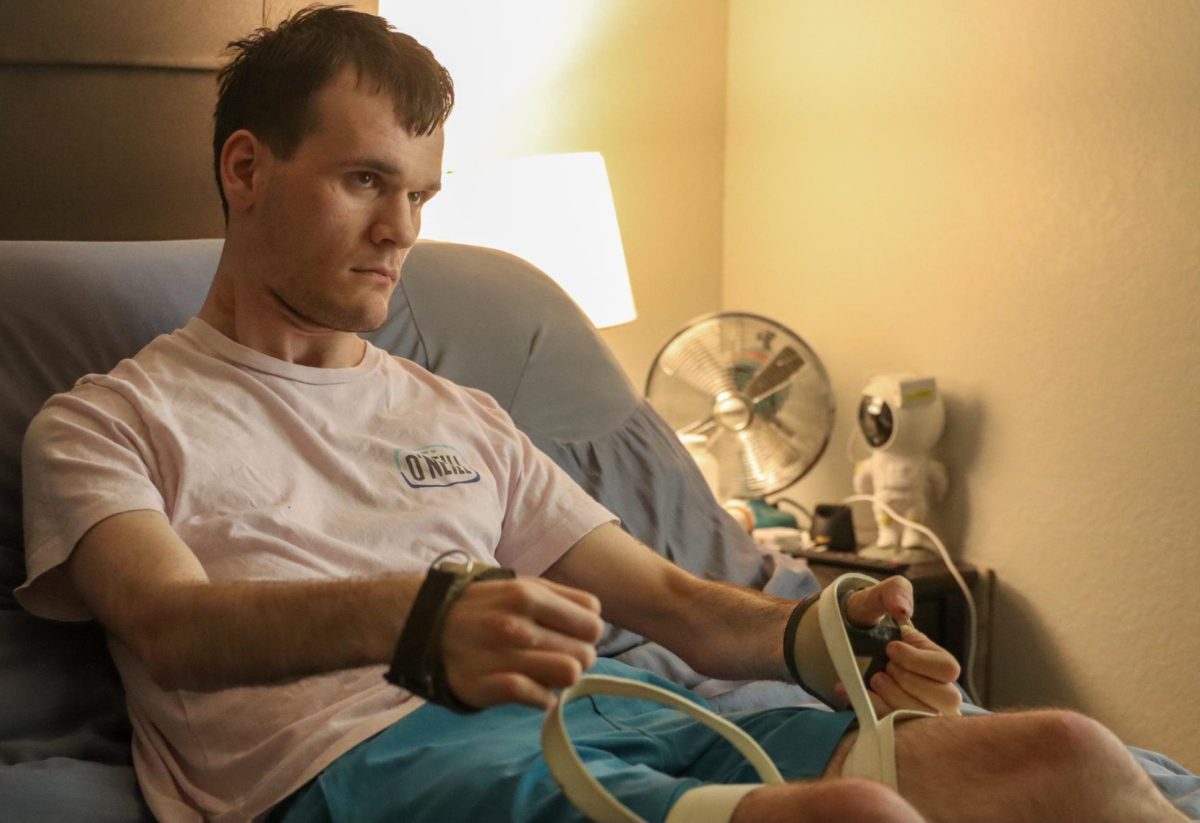



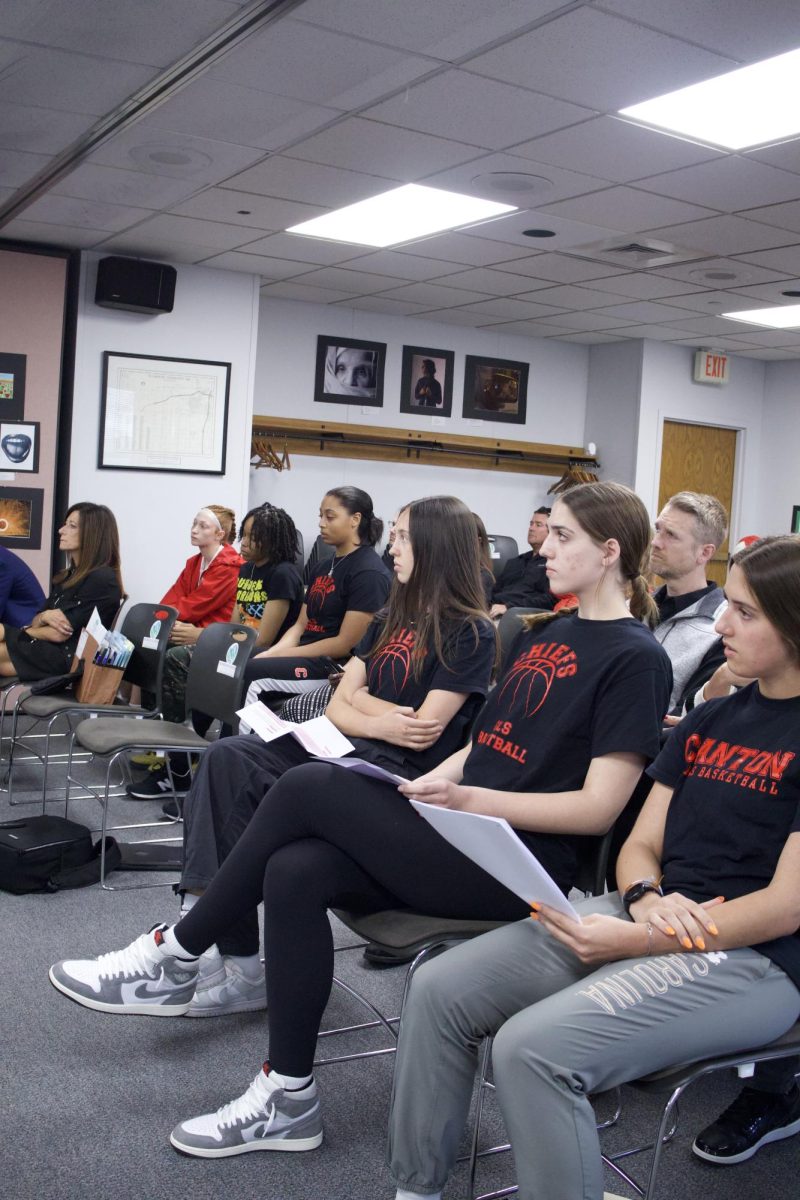

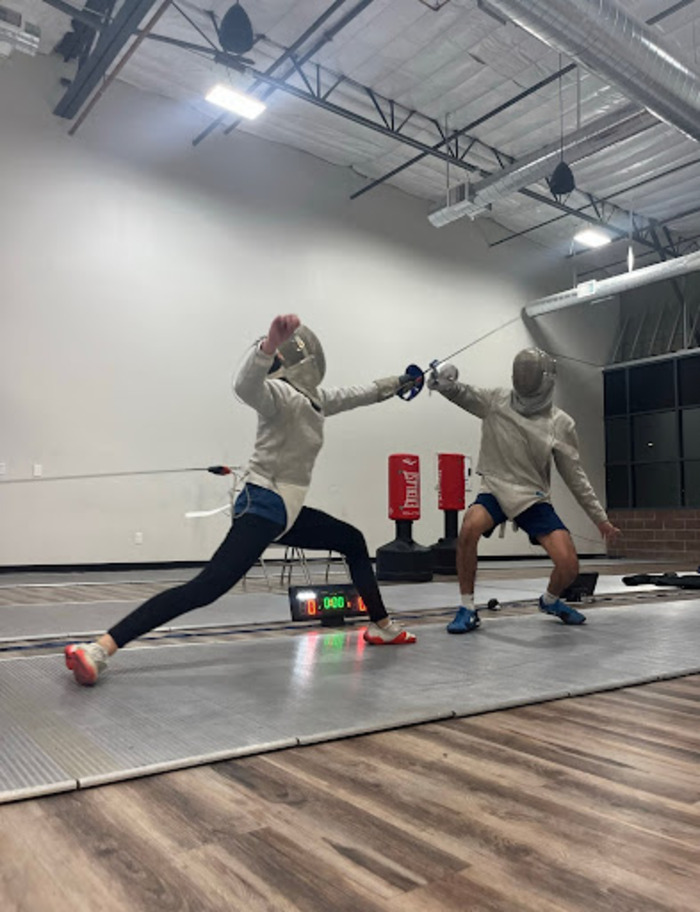

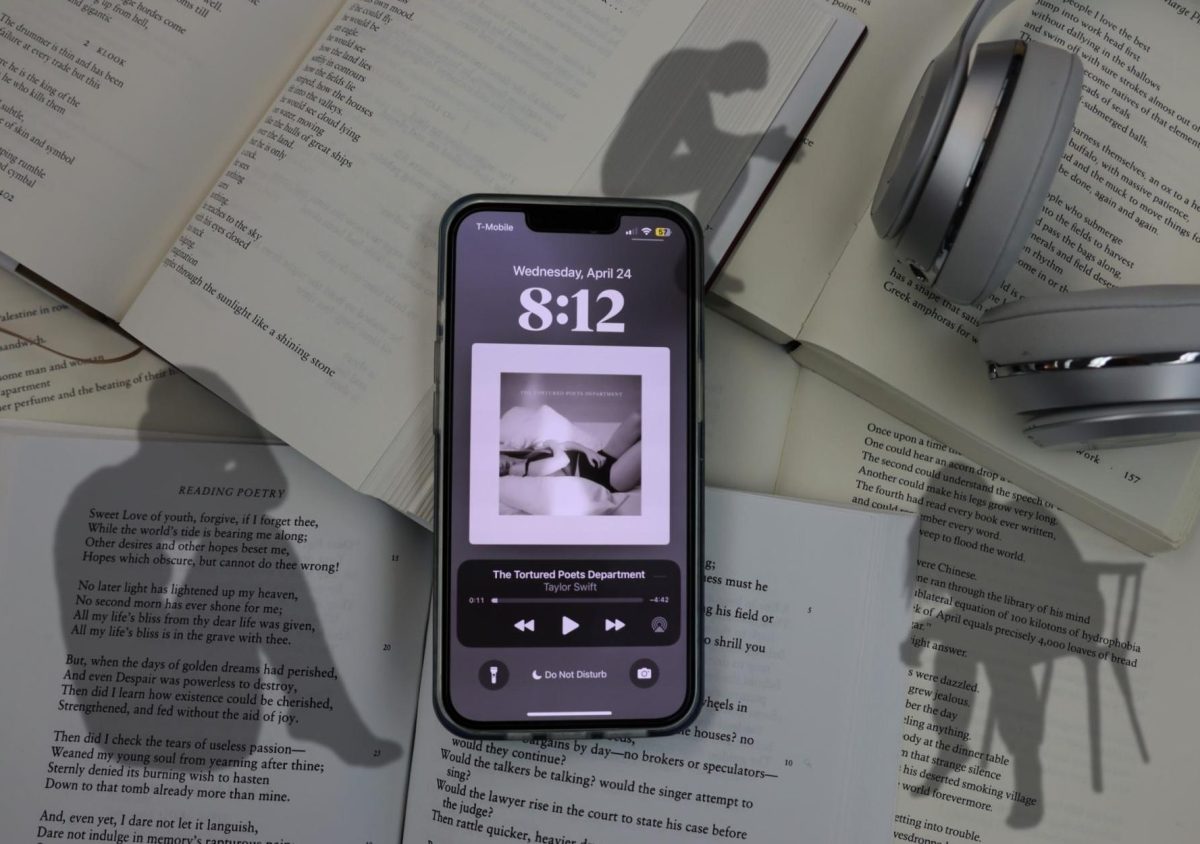














![IN THE SPOTLIGHT: Junior Zalie Mann performs “I Love to Cry at Weddings,” an ensemble piece from the fall musical Sweet Charity, to prospective students during the Fine Arts Showcase on Wednesday, Nov. 8. The showcase is a compilation of performances and demonstrations from each fine arts strand offered at McCallum. This show is put on so that prospective students can see if they are interested in joining an academy or major.
Sweet Charity originally ran the weekends of Sept. 28 and Oct. 8, but made a comeback for the Fine Arts Showcase.
“[Being at the front in the spotlight] is my favorite part of the whole dance, so I was super happy to be on stage performing and smiling at the audience,” Mann said.
Mann performed in both the musical theatre performance and dance excerpt “Ethereal,” a contemporary piece choreographed by the new dance director Terrance Carson, in the showcase. With also being a dance ambassador, Mann got to talk about what MAC dance is, her experience and answer any questions the aspiring arts majors and their parents may have.
Caption by Maya Tackett.](https://bestofsno.com/wp-content/uploads/2024/02/53321803427_47cd17fe70_o-1-1200x800.jpg)
![SPREADING THE JOY: Sophomore Chim Becker poses with sophomores Cozbi Sims and Lou Davidson while manning a table at the Hispanic Heritage treat day during lunch of Sept 28. Becker is a part of the students of color alliance, who put together the activity to raise money for their club.
“It [the stand] was really fun because McCallum has a lot of latino kids,” Becker said. “And I think it was nice that I could share the stuff that I usually just have at home with people who have never tried it before.”
Becker recognizes the importance of celebrating Hispanic heritage at Mac.
“I think its important to celebrate,” Becker said. “Because our culture is awesome and super cool, and everybody should be able to learn about other cultures of the world.”
Caption by JoJo Barnard.](https://bestofsno.com/wp-content/uploads/2024/01/53221601352_4127a81c41_o-1200x675.jpg)






